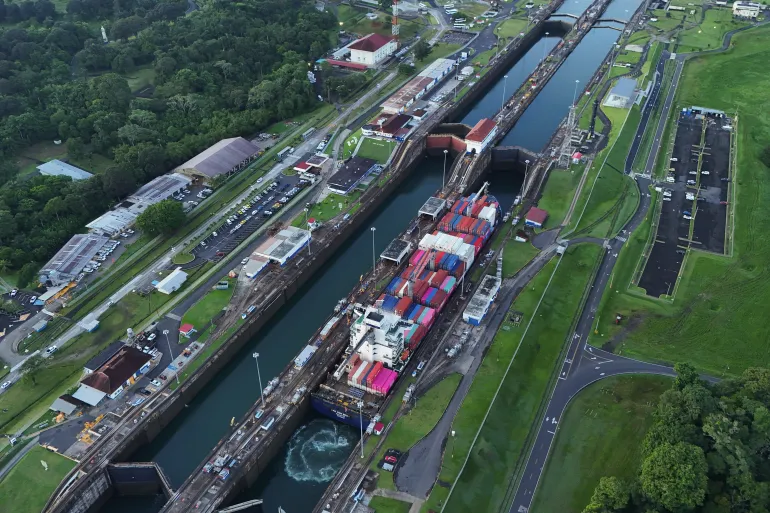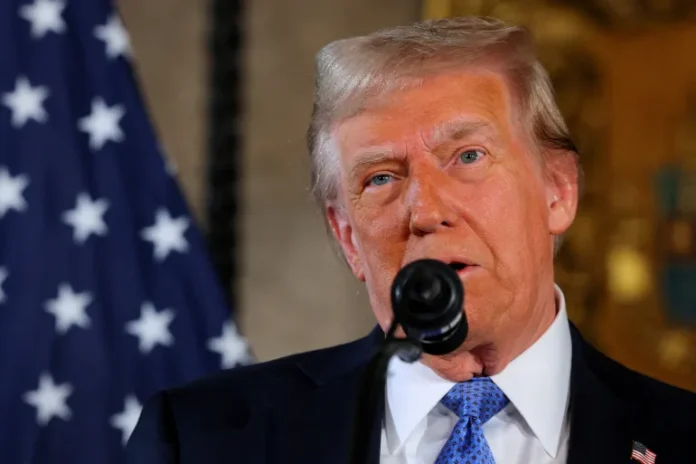President-elect Donald Trump has ignited international controversy by threatening to reclaim control of the Panama Canal, accusing Panama of imposing “ridiculous fees” on U.S. ships and hinting at China’s growing influence over the vital waterway. The provocative remarks, made on his Truth Social platform, signal a sharp shift in U.S. foreign policy and have sparked concerns over escalating global tensions.
“Our Navy and Commerce have been treated in a very unfair and injudicious way. The fees being charged by Panama are ridiculous,” Trump declared. “This complete ‘rip-off’ of our Country will immediately stop.”
Trump’s comments resurrect decades-old debates over the Panama Canal, a vital shipping route connecting the Atlantic and Pacific oceans. The canal, largely built by the U.S. and opened in 1914, was handed over to Panama in 1999 after nearly a century of U.S. control. Trump’s threat to demand its return marks an unprecedented challenge to Panama’s sovereignty and underscores his hardline approach to international diplomacy.
In a move likely to stoke further geopolitical concerns, Trump hinted at China’s growing economic activities near the canal. “It was solely for Panama to manage, not China, or anyone else,” he wrote. “We would and will NEVER let it fall into the wrong hands!”
While Panama’s government has yet to respond, Trump’s comments have raised eyebrows globally. Critics argue that his rhetoric undermines U.S.-Panama relations and risks escalating tensions with China, a major trading partner for many Latin American nations.

The Panama Canal remains a critical artery for global trade, handling approximately 5% of maritime traffic worldwide. Its strategic importance was underscored by the Panama Canal Authority’s recent report of record revenues nearing $5 billion for the last fiscal year. For U.S. businesses, the canal is a vital link between Asia and the U.S. East Coast, allowing ships to avoid the hazardous route around South America.
Trump’s remarks also highlight his broader strategy of using aggressive rhetoric to pressure allies and trade partners. In a separate post, he reiterated his pledge to impose tariffs on Mexican and Canadian imports unless they address issues of undocumented migration and drug trafficking. “It is time for them to pay a very big price!” he declared.
As Trump prepares to assume office, his remarks on the Panama Canal suggest a willingness to challenge long-standing diplomatic norms. However, they also raise questions about the potential fallout from such bold statements, as Panama, China, and other nations assess their responses to an administration poised to reshape U.S. foreign relations.



